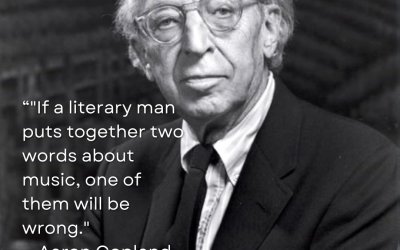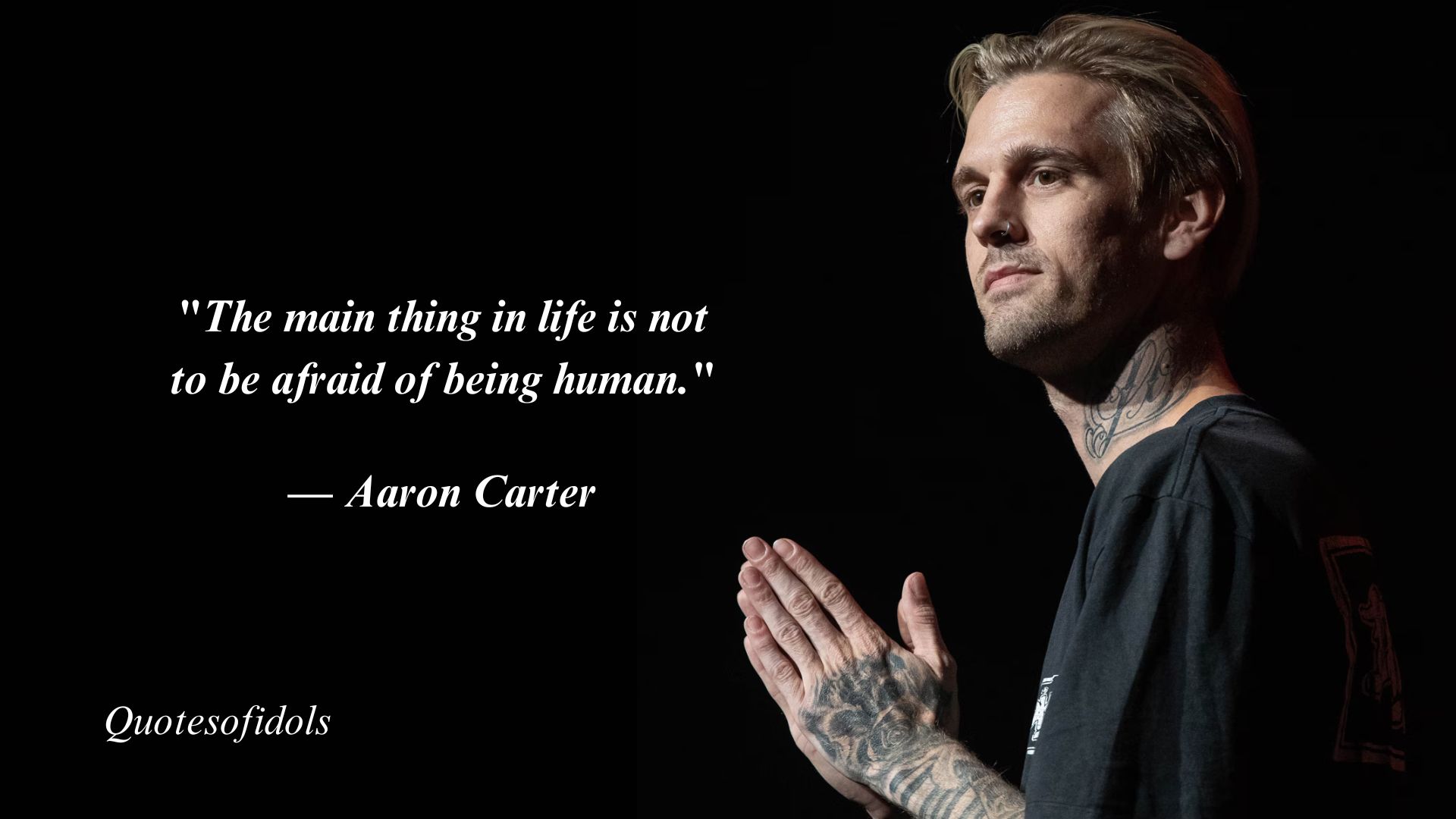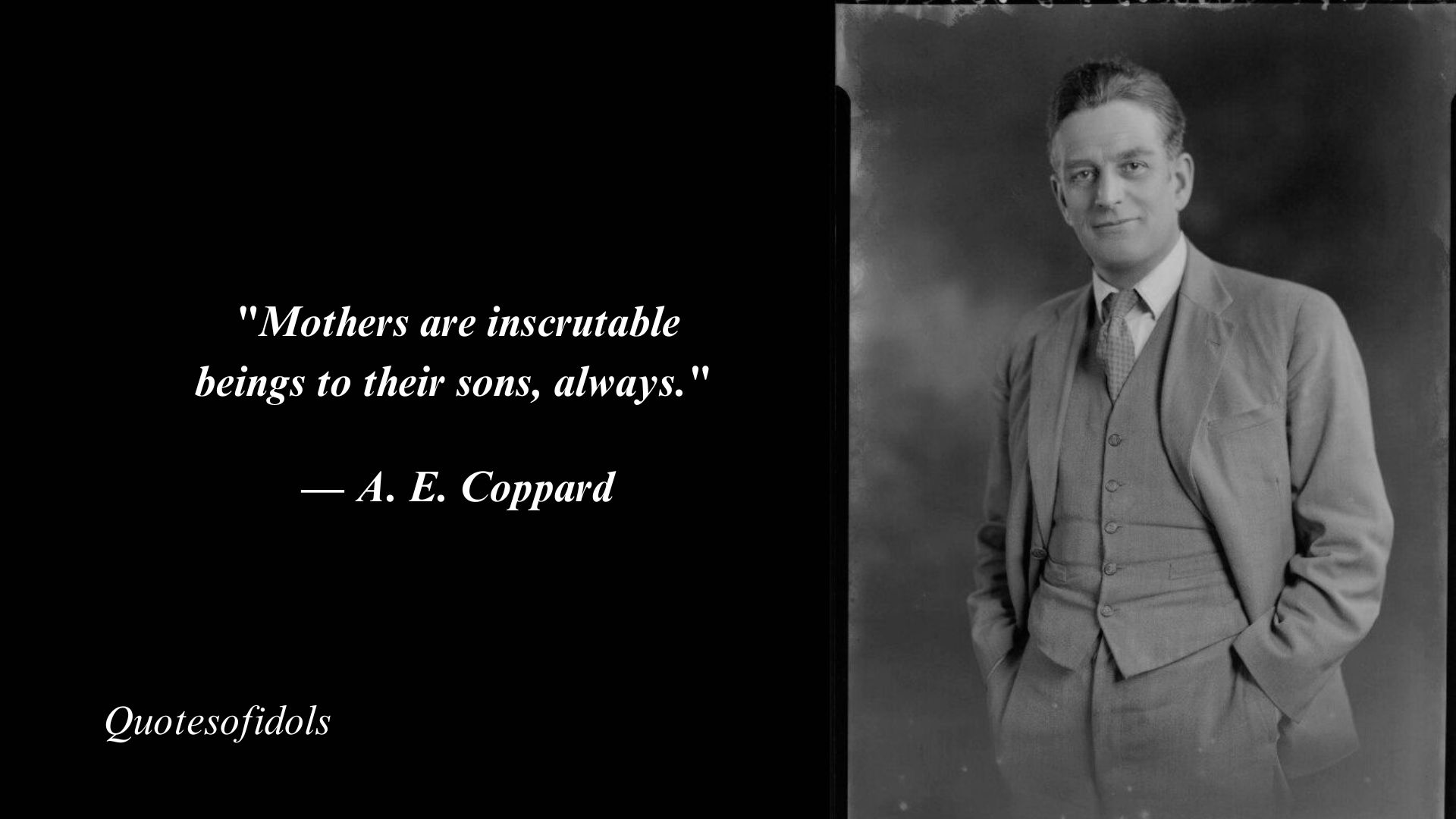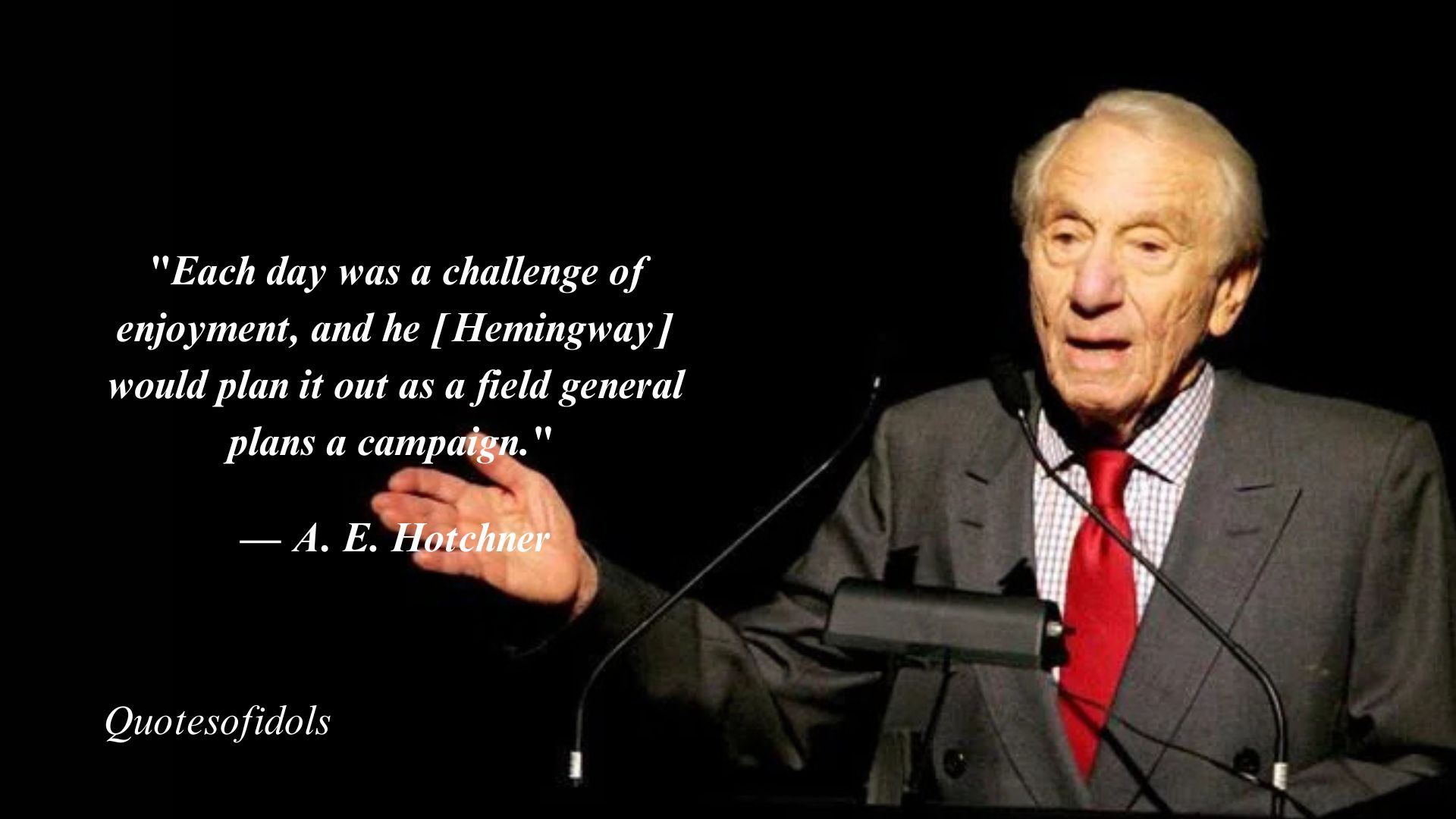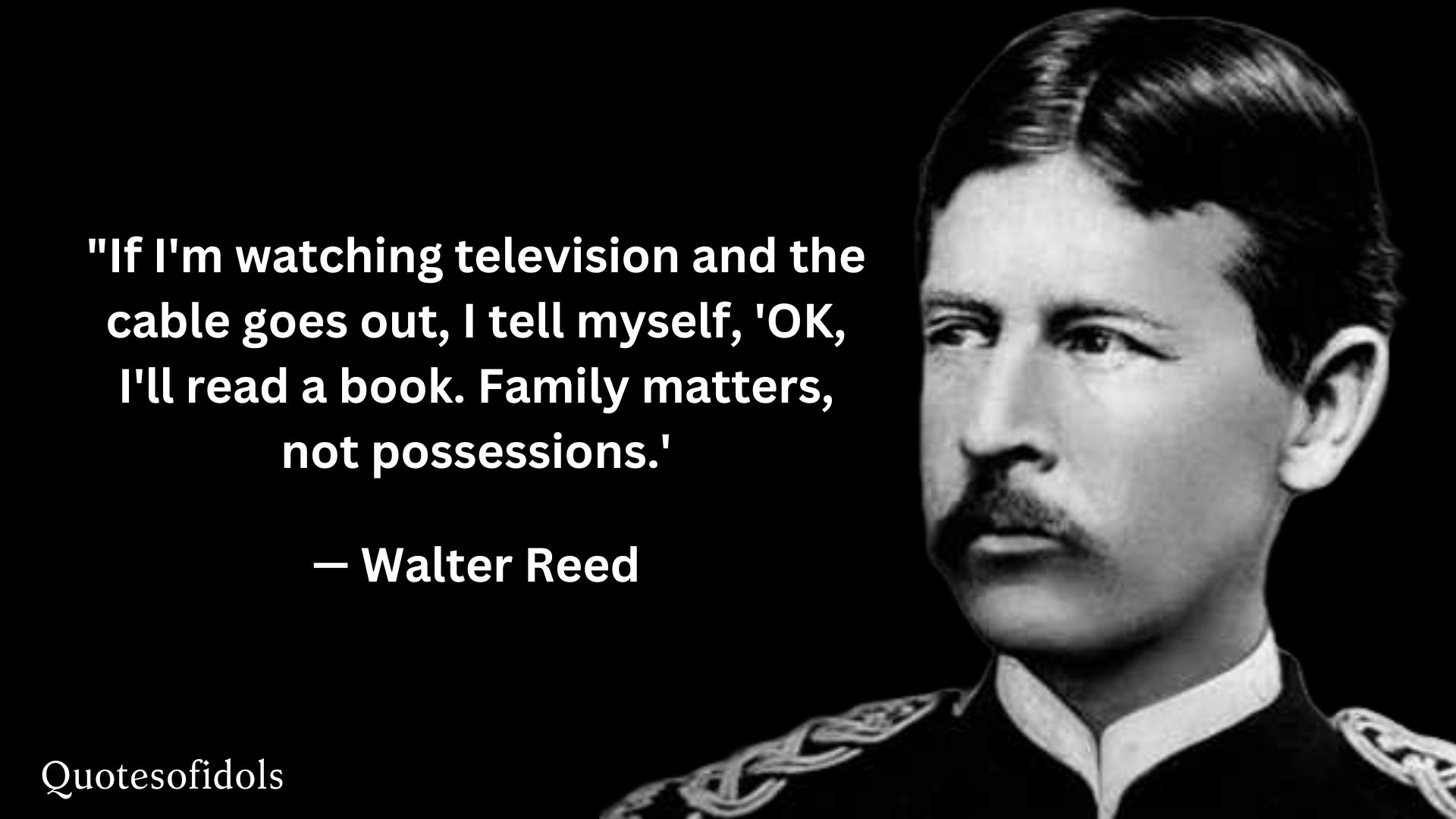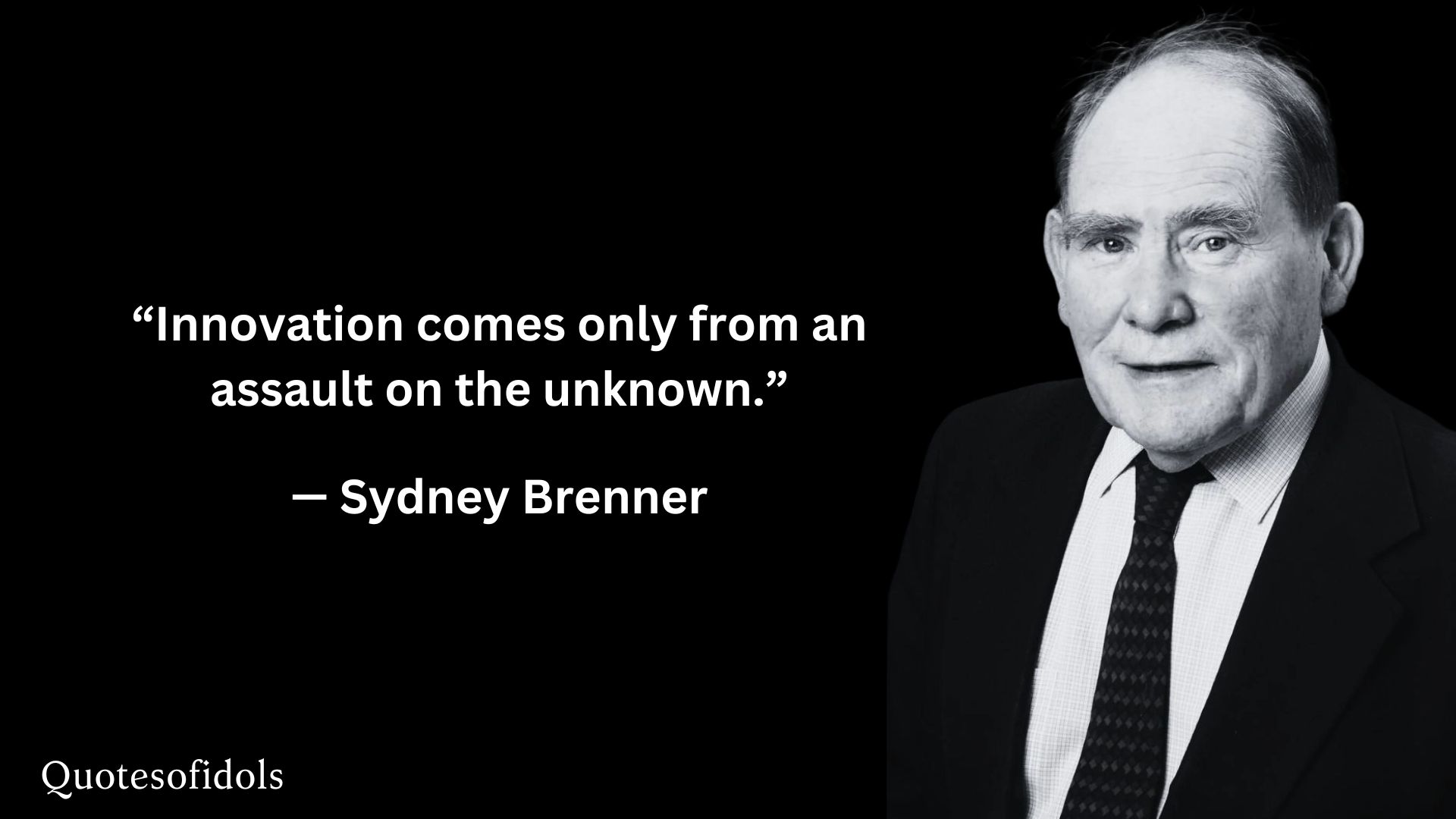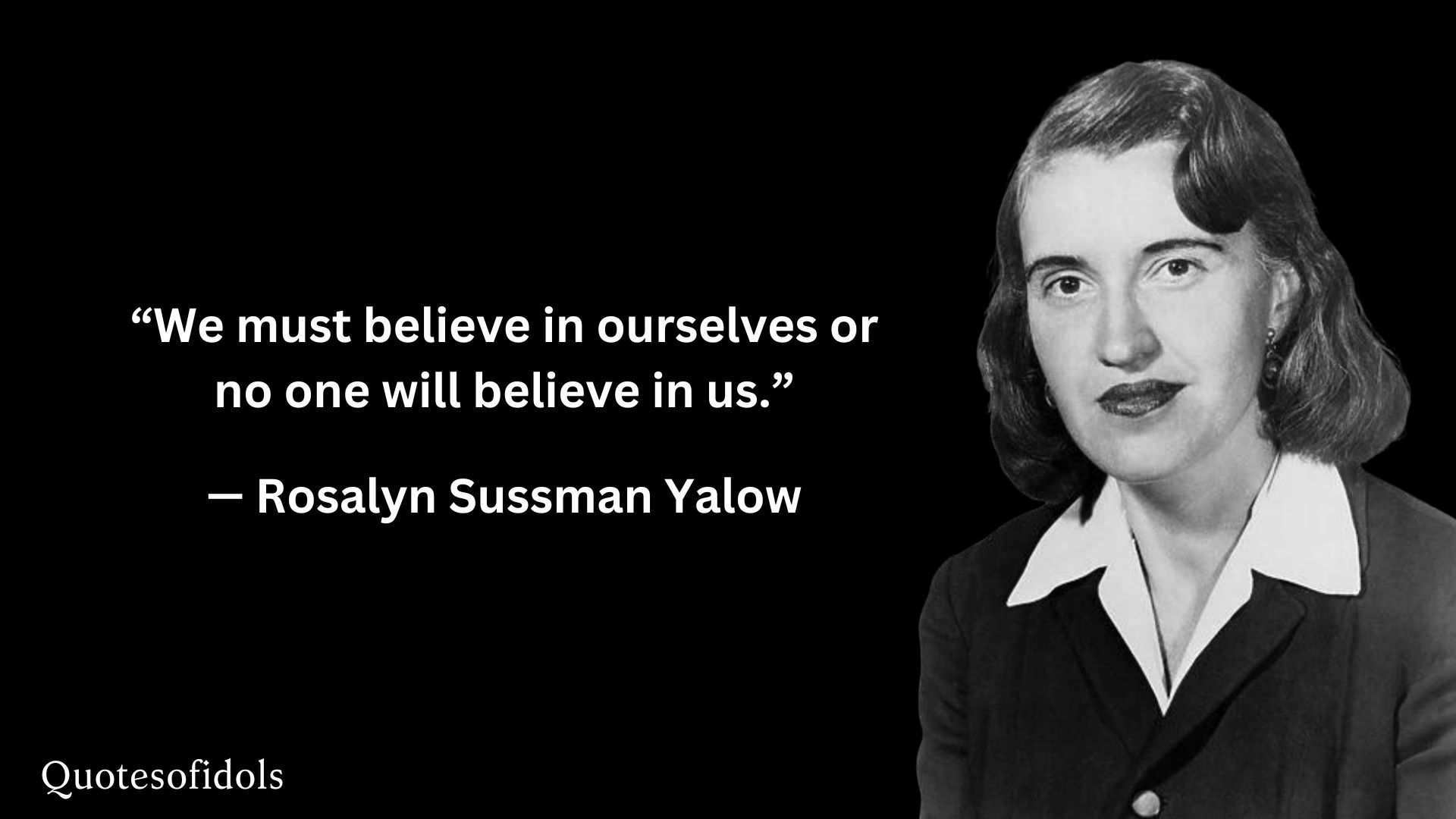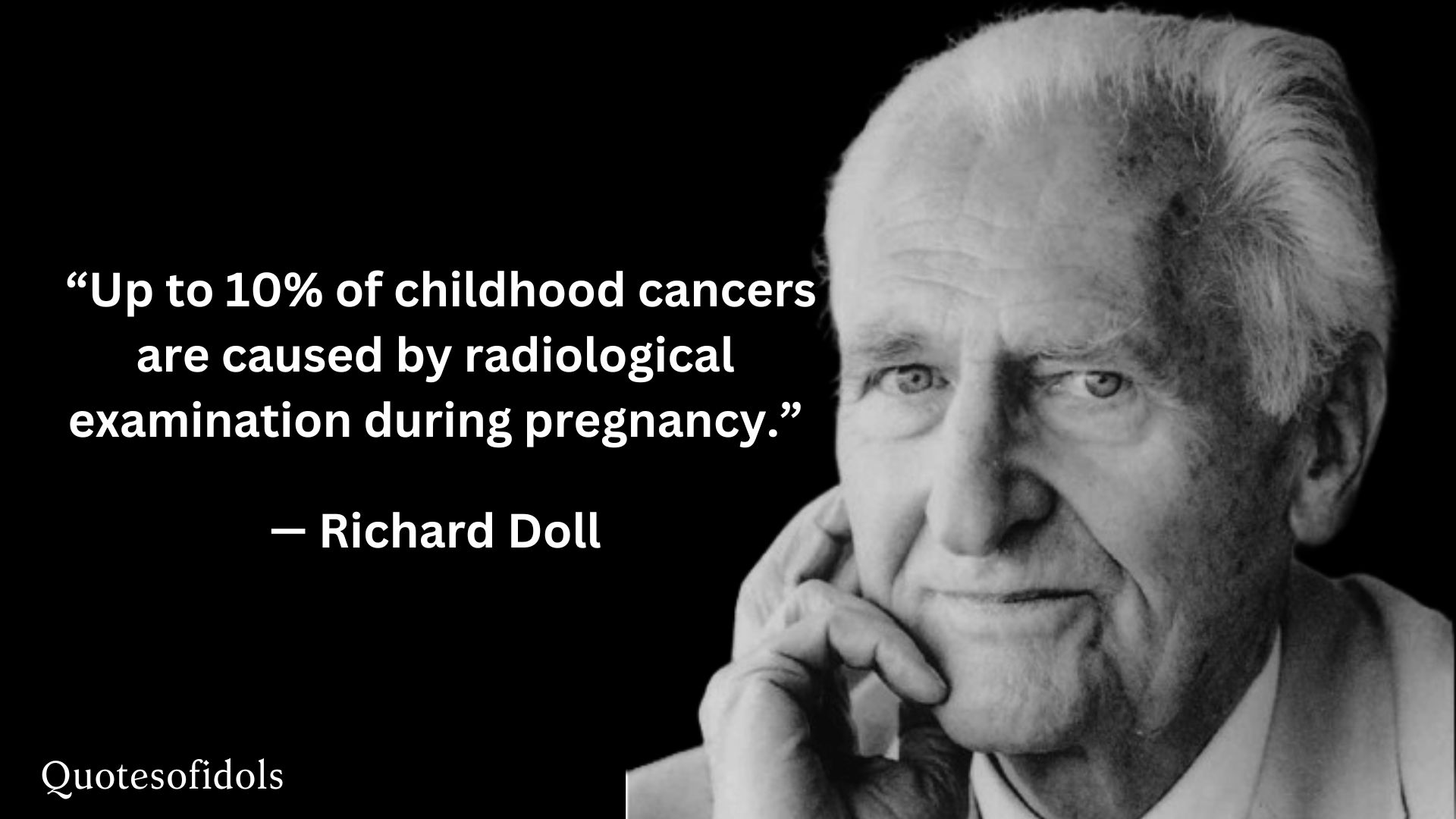Profound Insights: Eric Kandel Quotes on Memory, Science, and Art
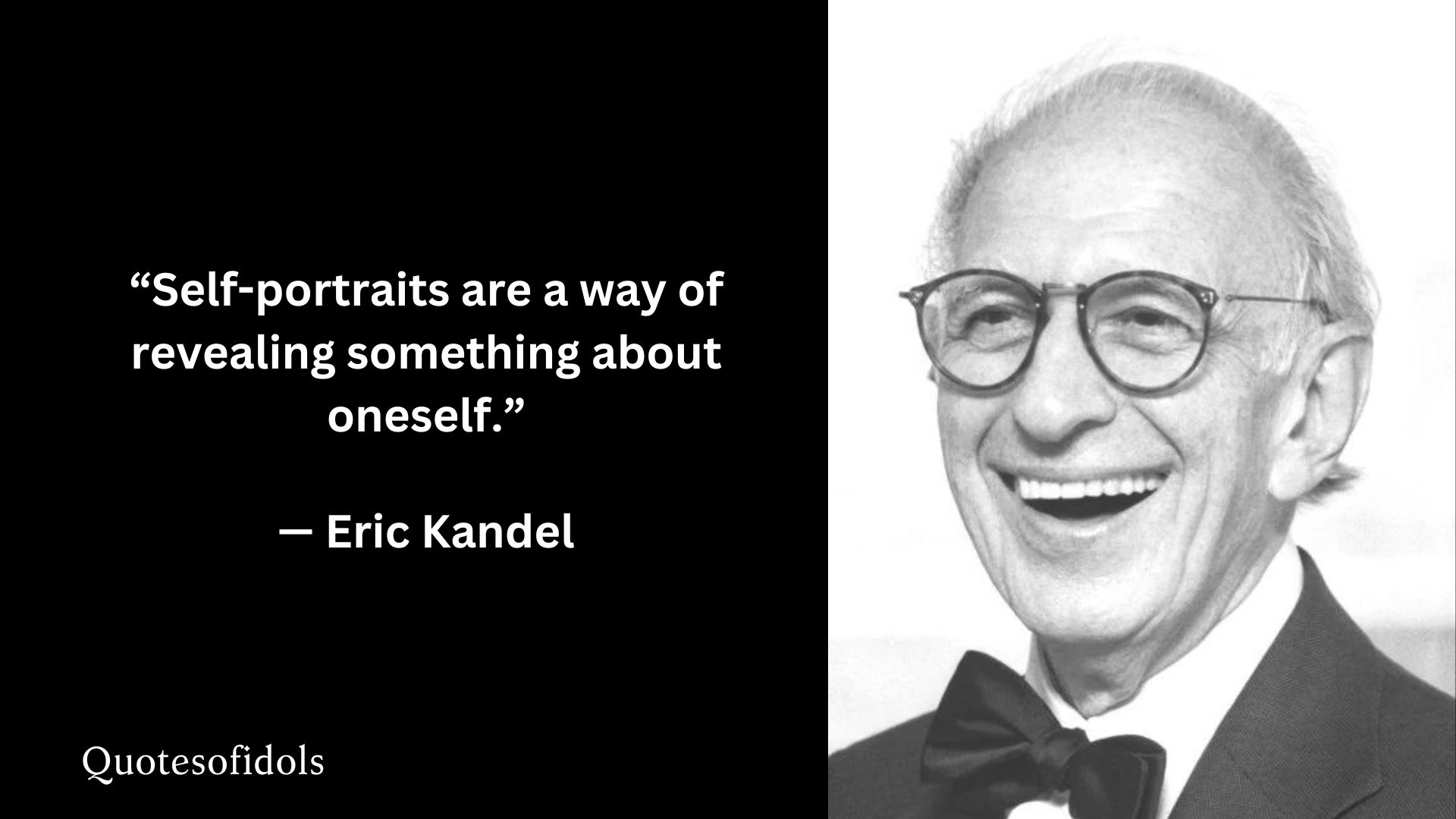
Eric Kandel (born 1929) is an Austrian-American neuroscientist renowned for his pioneering research on the biological mechanisms of learning and memory. Born in Vienna, Austria, Kandel fled the Nazi occupation and emigrated to the United States, where he pursued a career in medicine and research.
Eric Kandel Quotes
1. “As you know, in most areas of science, there are long periods of beginning before we really make progress.”
— Eric Kandel
2. “Self-portraits are a way of revealing something about oneself.”
— Eric Kandel
3. “In art, as in science, reductionism does not trivialize our perception – of color, light, and perspective – but allows us to see each of these components in a new way.”
— Eric Kandel
4. “Life is sort of a circle. You come back to a lot of the interests that you had early in life.”
— Eric Kandel
5. “I see psychoanalysis, art and biology ultimately coming together, just like cognitive psychology and neuroscience have merged.”
— Eric Kandel
6. “Truth has many dimensions, and the way you arrive at truth in complex situations is through many perspectives.”
— Eric Kandel
7. “I don’t think biology is replacing the feeling experienced through art. Biology is capable of giving additional insights. It’s a parallel, not a substitutive process.”
— Eric Kandel
8. “The brain is a complex biological organ of great computational capability that constructs our sensory experiences, regulates our thoughts and emotions, and control our actions.”
— Eric Kandel
9. “Not only Freud but artists and writers were also interested in the unconscious. It was medicine that made the first steps toward modernity.”
— Eric Kandel
10. “It is this potential for plasticity of the relatively stereotyped units of the nervous system that endows each of us with our individuality.”
— Eric Kandel
11. “One of the wonderful things about Internet is its like a salon. It brings people together from different intellectual walks of life.”
— Eric Kandel
12. “There are cells in the brain that respond to faces. This is one of the reasons that I deal with portraiture. We can learn a lot about our perception of facial expression from the behavior of these cells.”
— Eric Kandel
13. “I have on the one hand a hatred and on the other a yearning for Vienna. I left when I was nine years old because I was Jewish. And even before 1938, the anti-Semitism in Austria was probably deeper than it was in Germany or in other European countries.”
— Eric Kandel
14. “I really like the city of Vienna. I like its art, its music and its architecture. In short, I like the culture that Vienna represents. What really captures me is the period around 1900 – the time of Freud, Schnitzler and Klimt. This is the period in which the modern view of mind was born.”
— Eric Kandel
15. “I went to medical school after having decided to do so somewhere between my junior and senior year at Harvard – very late. I initially wanted to be an intellectual historian.”
— Eric Kandel
16. “Vienna is relatively small. And it had wonderful salons, opportunities for people to get together. There was a lot of interaction between scientists and non-scientists, between Jews and non-Jews, between artists, writers and scientists, including medical scientists.”
— Eric Kandel
17. “The problem for many people is that we cannot point to the underlying biological bases of most psychiatric disorders. In fact, we are nowhere near understanding them as well as we understand disorders of the liver or the heart.”
— Eric Kandel
18. “After the war, the Austrians just denied their role in it all. They didn’t teach it in school. But since 1990 they have openly acknowledged their role in the Holocaust and I feel more comfortable in Austria. I feel a sort of reconciliation.”
— Eric Kandel
Kandel’s most notable achievement came in the 1960s when he conducted groundbreaking experiments on the sea slug Aplysia, elucidating the cellular and molecular mechanisms underlying synaptic plasticity and memory formation. His research demonstrated how changes in synaptic strength contribute to learning and memory processes in the brain. For his discoveries, Kandel was awarded the Nobel Prize in Physiology or Medicine in 2000, shared with Arvid Carlsson and Paul Greengard, for their discoveries concerning signal transduction in the nervous system. Kandel’s work continues to influence our understanding of brain function and the development of therapies for neurological disorders, making him one of the most influential neuroscientists of the 20th and 21st centuries.

